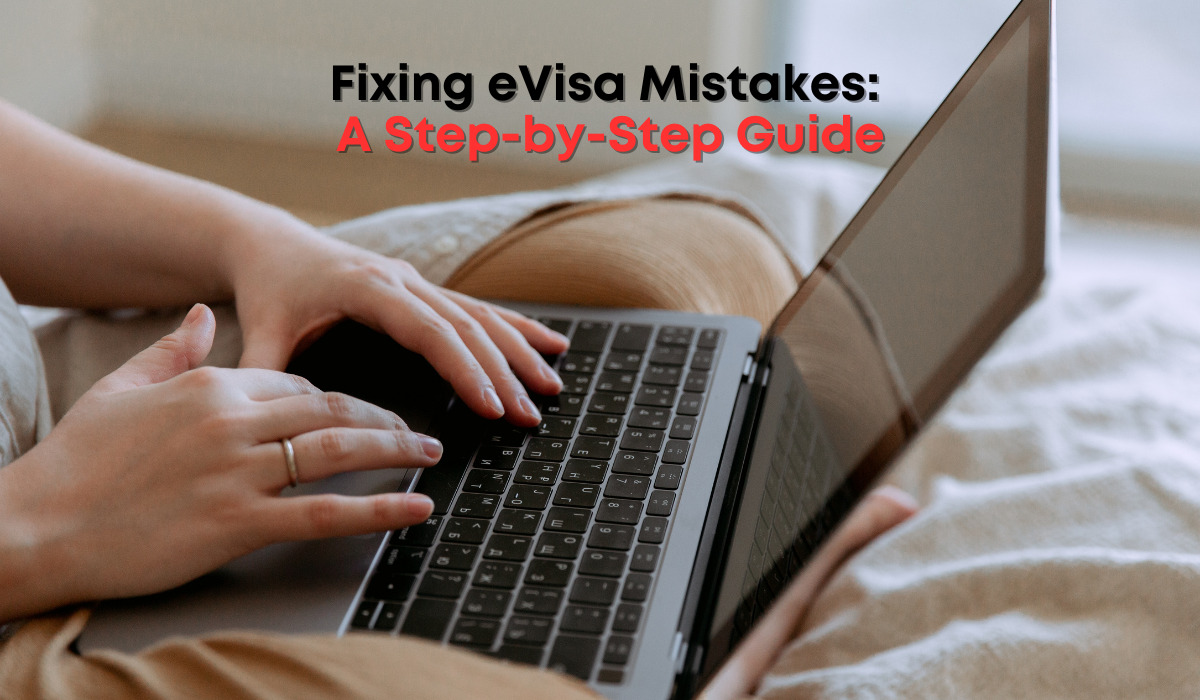The Transition to eVisas: What You Need to Know
The UK Home Office is phasing out physical immigration documents, with BRPs set to expire on 31 December 2024. eVisas, linked directly to your passport or travel document, now serve as the primary record of immigration status for most visa holders. This digital approach is intended to provide several benefits, including enhanced security and easier verification at borders.
However, for many, the shift has raised practical concerns. eVisas can sometimes display incorrect personal details, visa conditions, or even technical access issues. If left unresolved, these errors could have serious implications for employment, studies, or family life in the UK.
Spotlight on Common Errors
Mistakes on eVisas can vary widely, from typographical errors in names and dates to incorrect visa conditions, such as work restrictions or permission expiry dates. Such inaccuracies may arise during the application process or due to system errors, leaving visa holders uncertain about how to address them.
For instance, students holding a Student Visa may notice errors in work permissions or sponsor licence numbers, which could jeopardize their ability to work part-time during studies. Similarly, family members listed as dependants might find discrepancies in their case type.
Steps to Correct Mistakes on Your eVisa
If you encounter errors on your eVisa, the following steps provide a roadmap for resolution:
- Reporting Errors Through Your Institution (Students Only)
For visa holders under the Student, Child Student, or Graduate routes, the UKVI has implemented an interim correction process. Errors such as incorrect permission dates or work conditions must be reported through your educational institution’s international student office. Students should not contact UKVI directly, as institutions are tasked with raising such issues.
This process applies to those with a Unique Application Number (UAN) beginning with “3434-”. Ensure you include this number when requesting corrections.
- Reporting Errors Online
For non-students or errors outside the scope of the interim process, use the UKVI online error report form. This form addresses inaccuracies in:
- Name
- Sponsor reference
- National Insurance number
- Visa restrictions
- Immigration status
- Permission expiry date
Provide all requested details, including your passport number and UAN, to ensure prompt handling. UKVI aims to respond within 10 working days, though delays may occur.
- Contacting the UKVI Resolution Centre
If the online form does not resolve the issue, you can contact the UKVI Resolution Centre by telephone:
- Within the UK: +44 (0)300 790 6268 (options 3, 2, then 2)
- Alternative number: +44 (0)203 875 4669
While calls may involve long waiting times, operators can internally raise errors for further investigation. Ensure you have your documents ready when calling.
- Using the eVisa Webchat
For real-time assistance, the eVisa Support Chatbot on the UKVI website offers guidance on navigating common issues. While limited in scope, it can direct users to additional resources or escalate unresolved concerns.
- Filing a Formal Complaint
If all other avenues fail, consider filing a formal complaint with UKVI. Submit this via their online complaint form or send a written letter to:
Complaints Allocation Hub,
Central Point of Receipt,
7th Floor, Lunar House,
40 Wellesley Road,
Croydon, CR9 2BY.
While complaints are not designed for technical corrections, they may address unresolved issues and systemic dissatisfaction. Responses typically take 20 working days.
- Reporting to Advocacy Groups
For long-term improvements, you can report issues to advocacy organizations like the Immigration Law Practitioners’ Association (ILPA) and the Open Rights Group. Their ongoing research aims to identify and resolve systemic flaws in the eVisa framework.
Reflecting on the Digital Shift
The move to eVisas marks a significant step towards modernizing the UK’s immigration system. However, this transition has not been without its challenges. Errors, compounded by a lack of streamlined correction processes, underscore the growing pains of a digital-first approach.
Visa holders must remain vigilant in ensuring the accuracy of their immigration status. By proactively reporting errors and engaging with available support channels, individuals can help shape a system that is both efficient and reliable.
Looking Ahead
While eVisas promise a future free from lost or stolen documents, the system’s efficacy hinges on its ability to address users’ concerns promptly. Until then, navigating mistakes requires persistence, patience, and awareness of the available remedies.
If you’re experiencing issues with your eVisa or need further advice, contact an immigration solicitor for tailored guidance. Ensuring your immigration status is accurate is essential for securing your rights in the UK’s evolving landscape.
Get in touch: For a comprehensive understanding of your options or queries on UK immigration matters, contact GigaLegal Solicitors at 02074067654 or click here to book a no-obligation consultation with an immigration expert.


